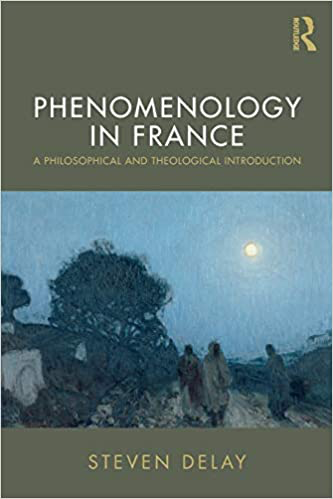Finding Meaning: Philosophy, Art, and Science in the Age of Nihilism
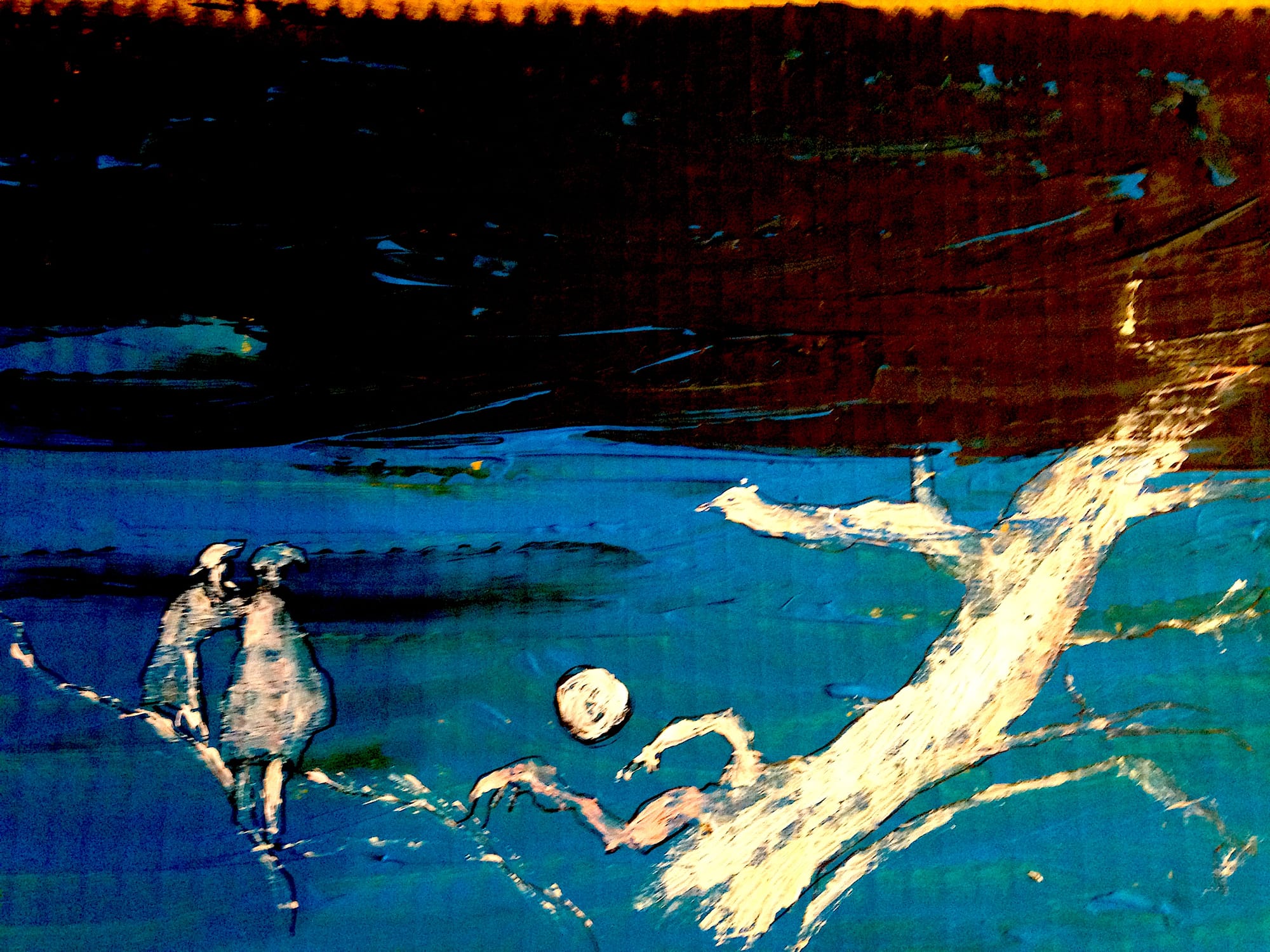
Edited and introduced by Steven DeLay
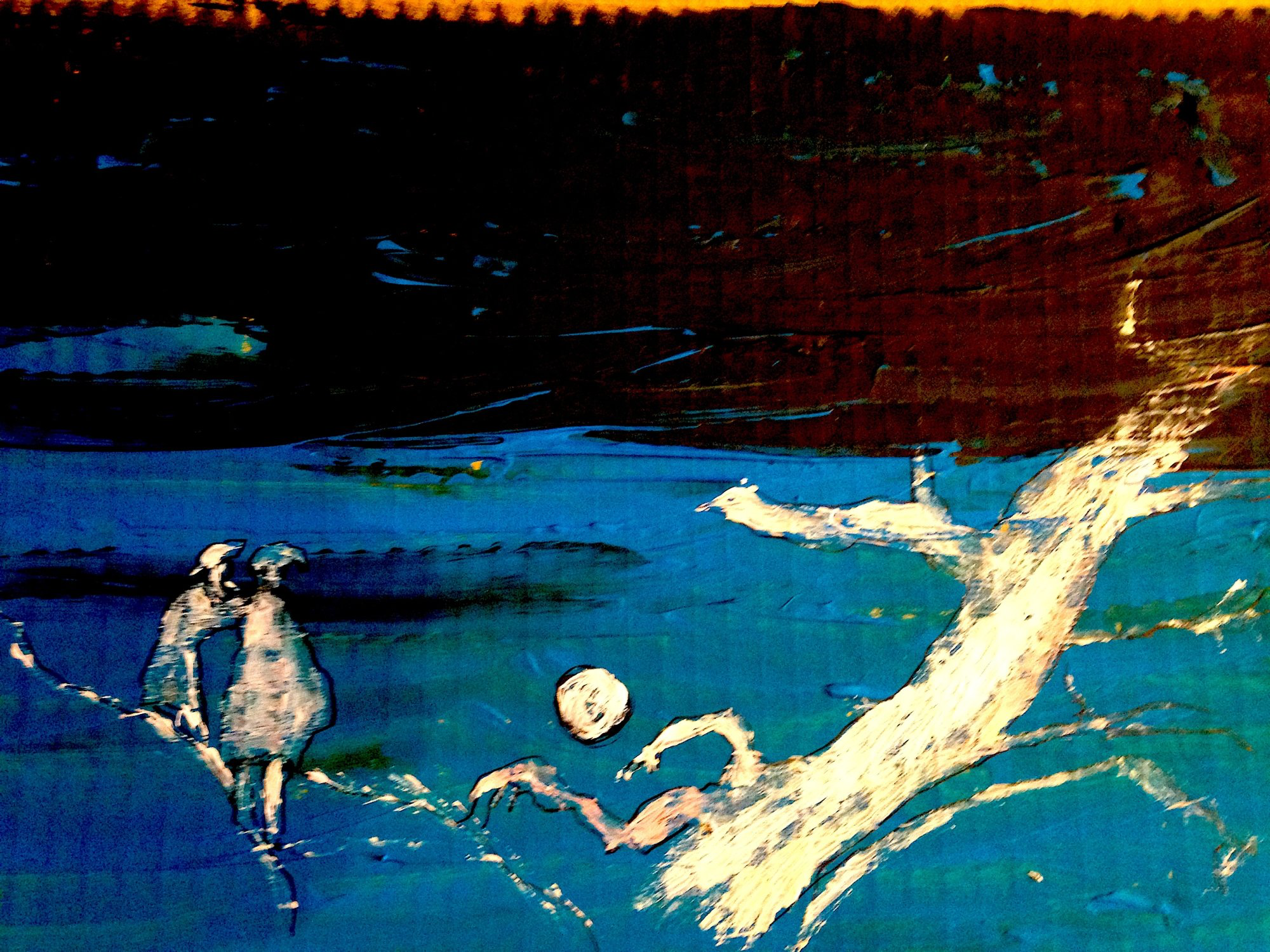
Life is mysterious. Oftentimes, it can be difficult to know exactly why we find ourselves where we do, what precise reasons have led us there, what values or principles have formed us along the way, or what accounts for the encounters and occurrences that have come to mark us as the ones we have become. Our lives are comprised of events. And as many of those who decide to do philosophy will agree, that very decision is itself no exception. There is something wholly opaque, and ever elusive, about the impulse initiating it, the goal at stake in pursuing it, and the drive sustaining it. Thankfully, we are not always totally in the dark when it comes to knowing ourselves. Clarity comes sometimes with the benefit of present experience that sheds light on the past. What drew me to philosophy (and continues to do so) is, so I think, one of those things in life admitting of an explanation, however incomplete or otherwise imperfect my personal understanding of it may be.
When I was a child—about four or five years old, I reckon—I was playing on the side yard one sunny summer afternoon. If memory serves, I was on the grass, looking for bugs or something like that. I hadn’t a care in the world. Suddenly, I had an experience which now in retrospect, it seems to me, has never left me, shaping the course of my life, including the decision to choose philosophy. So far as I can recollect, the experience in question was my first thought about death. Not the thought of my own death, but the death of my parents. It flooded me with a profound sadness. I had the overwhelming, startling realization that one day they would die, that I would in turn miss them, that there was absolutely nothing I could do to prevent any of it from transpiring, and that it was all so terrible. I wasn’t overcome by terror or horror, or even dread really. Just a colossal sorrow, something similar to an acute homesickness, as if I were all alone. The feeling of loss swept through me, to a depths that I had never felt before, and one I have only felt very rarely since. Then, in a second moment as sudden as the first, I felt a sense of immense comfort—not at the tranquilizing fantasy that my parents would not die. The haunting realization of their mortality remained. Instead, I was struck by the recognition of God’s existence. This, as it happens, is also my earliest memory of the thought of God. What might we make of these thoughts, particularly the fact of their childhood appearance?
To begin with, there is what has come to be called the “myth of intellectualism”: there is the persistent threat that reflection on experience imputes a form of conceptualism which the original experience lacked. Natorp made such a point against Husserl, when he alleged that the latter’s phenomenological method demanded reflecting on experience, something sure to always modify it. Readers of Sartre’s account of chasing streetcars in The Transcendence of the Ego will be familiar with the worry, as will those who have followed the dispute between Hubert Dreyfus and John McDowell regarding the role of rationality in our everyday experience. In describing my childhood experience today, I do so by invoking the concepts and . Understandably, someone might question whether my using those terms in this present context only distorts the nature of the original experience. But even if the words “God” and “death” did not enter my conscious thinking at the time (and I do not think they did, for I had never attended church, never been read a Bible, nor had any adults yet mentioned God to me), I can recognize now, with hindsight presumably free of distortion, that the primitive experience I recount crucially involved what adults themselves mean when they articulate beliefs and thoughts about such matters.
In a flash, the experience took a twist. I remember wondering to myself whether the immense comfort I was experiencing at the thought of God was too good to be true, as it were. Was I somehow fooling myself—had I invented it? Was it a fantasy? Or was what had come to mind something that did not originate in me, but, well, from God? Of course, I did not articulate these concerns to myself in those linguistic and conceptual terms explicitly, either. But I was grappling with them viscerally in pure form. For a moment, I was suspicious. Finally, things resolved themselves into a second naïveté: I remember being struck with the self-awareness that I was a young boy, that I knew precious little about anything, and that it was just impossible (or at least very implausible) for me to have imagined or invented the idea of God on my own. After all, a few moments ago my attention had been set entirely on small things like playing in the grass.
I don’t know when I told anyone about this experience—I know I said nothing of it that day. And I think I’ve never mentioned it before to anyone except my wife and my dad. But it has always been with me. Years later, in an introductory philosophy course reading Descartes’s Meditations on First Philosophy, I was shocked to see how that work’s Third Meditation makes the same intuitive observation—the idea of infinity cannot originate in a finite mind, just as I had felt when encountering mortality and God as a child. By the time I encountered the argument in Descartes, I was an atheist, so I tried everything to resist the conclusion. In time, however, I eventually came once again to accept its conclusion, if not Descartes’s precise reasoning. Now I suppose if somebody were to challenge my childhood memory on the grounds that it all sounds too contrived or incredible, all I can say is that it wasincredible—so much so, in fact, that it has never ceased to exhibit an increasing intellectual and existential richness and significance it had not previously.
“Sure, that’s fine,” someone will say—but is not this how fantasy and illusion work? Freud, for one, in The Future of an Illusion theorized that the belief in God as a heavenly Father originates as a means of coping with our felt powerlessness in the face of a cruel and frightening universe. And as for death, it goes without saying that it can motivate powerful responses in us, many of which needn’t be rational. The possibilities for self-deception here are rife. An illusion, as Freud says, is a belief we form and maintain for motives that are not epistemic. That alone does not mean the belief is false, but it does undermine its rational basis.
Underlying Freud’s suspicion of religious belief is a naturalistic metaphysics, one that already had been taking hold in Europe for quite some time. The scientific image of the world had been gradually eroding the old credulity traditional beliefs and values had formerly enjoyed. This cultural shift is one of Dostoevsky’s central preoccupations. And if Dostoevsky said that “Without God all things are permitted,” it was Nietzsche who not long afterward offered his revisionist accounts of morality and belief in God. Whereas Dostoevsky had seen his time’s increasing abandonment of belief in God as inherently negating and destructive, Nietzsche contended that, eventually anyway, the destruction of the old values would make possible new ones. The unfolding of nihilism, the process of the waning credulity with which we see the old world, ushers in the possibility of a new one. Thus, philosophy with it undergoes a change. It becomes less of a Wissenschaft and instead more of an art, less so a discipline of straightforward knowledge and more so an act of creation. Is philosophy, then, a science or an art, both, or neither? Whatever one’s answer, one thing is clear: finding meaning henceforth is not a given, but an achievement. For, whereas before Kant philosophy was seen to possess its kingdoms of knowledge—of self, of others, and of God too—it now must face a crisis of foundations, and hence a crisis of both identity and meaning.
A rather defiant way to respond to modernity’s meaning crisis would simply be to take the approach Kierkegaard preferred—God, he happily grants, is a need. But this, so he continues, fails to cast doubt on God’s existence. On the contrary, this need’s “primitivity” (here understood in the sense of subjectivity’s spiritual lawfulness, not the purported dynamics of evolutionary psychology) only reinforces its inescapability, and, in turn, its truth. It is taking up this thread of Christian existentialism that for me personally has meant seeing philosophy as an exercise of thinking existence, one ultimately about trying to live up to what it means for God to have implanted eternity in our hearts. With Freud, we can concede that all this begins in childhood. The issue, though, comes to one of understanding what exactly that means. In The Brothers Karamazov, for example, Dostoevsky (through the voice of Alyosha) says, “You must know that there is nothing higher and stronger and more wholesome and good for life in the future than some good memory, especially a memory of childhood, of home. People talk to you a great deal about your education, but some good, sacred memory, preserved from childhood, is perhaps the best education.” In my experience, at least, philosophical reflection confirms so.
In this series of articles, contributors from a variety of perspectives reflect on what the philosophical life means to them. In doing so, they do not attempt just to account for what personally led them to philosophy, but what philosophy itself has become today in the wake of “the death of God,” the age of nihilism.
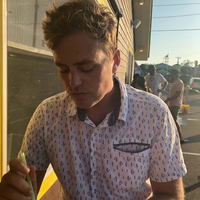
About the Author
Steven DeLay is a Fellow at Ambrose College, Woolf University and an Old Member of Christ Church, Oxford. He is the author of Before God: Exercises in Subjectivity (Rowman and Littlefield: 2020) and Phenomenology in France: A Philosophical and Theological Introduction (Routledge: 2019). His new book In the Spirit (John Hunt Publishing) will appear next year. He also is editing a philosophical volume on the work of American film director Terrence Malick titled Life above the Clouds: Philosophy in the Films of Terrence Malick (SUNY Press). He lives in Winston-Salem, North Carolina with his wife, Gabbie, who is an artist.
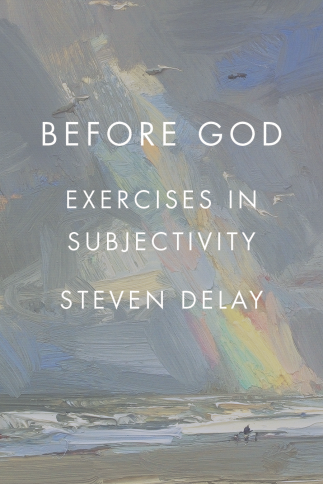
Before God: Exercises in Subjectivity
 In the Spirit
In the Spirit
